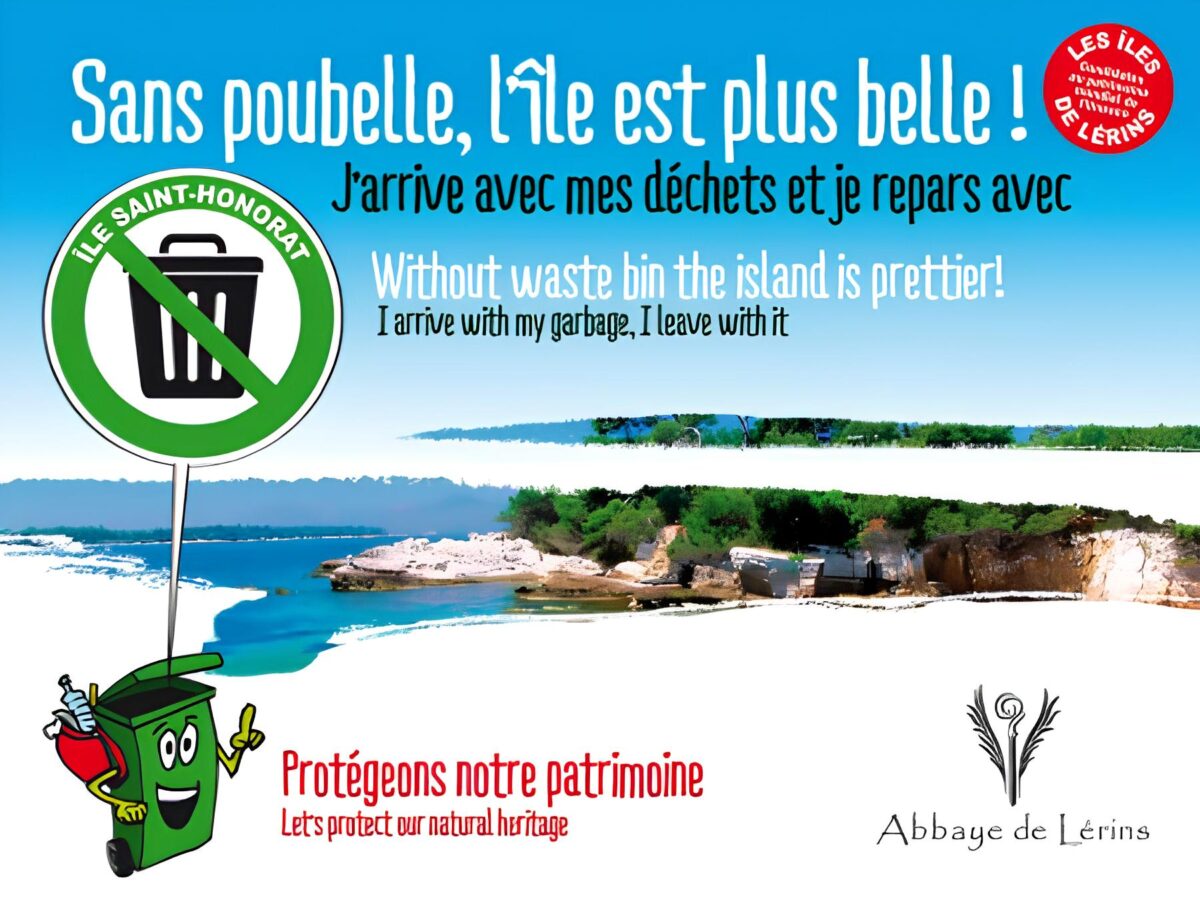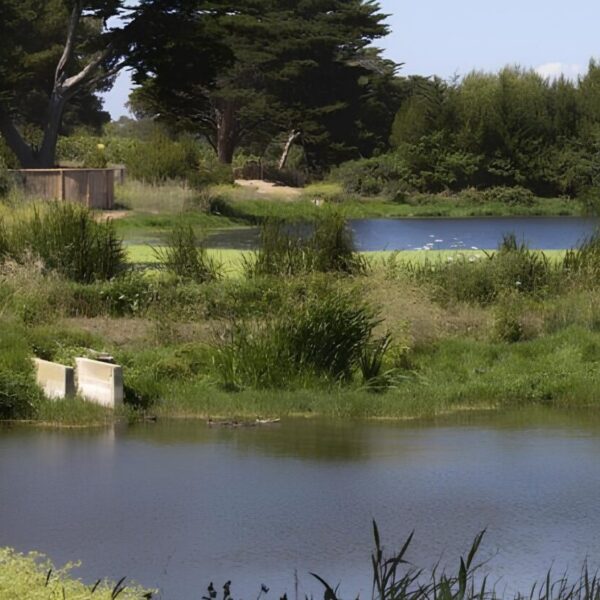Already complicated for cities, waste management is even more challenging for islands. They are indeed faced with the accumulation of waste and the difficulties in processing it, particularly logistical ones. That is why the NGO Smilo (Small Islands Organisation) supports them in adopting sustainable practices tailored to their issues and easy to implement.
Porquerolles, Tavolara, Zlarin in the Mediterranean ; Brownsea in the English Channel ; Santa Luzia in the Atlantic Ocean… Behind the names of these territories, there are common points : being islands, facing similar issues, particularly in managing waste. This includes the accumulation of various types of rubbish (household, green waste, construction debris, etc.) as well as the needs created in nature by tourists and vacationers, or the gray and wastewater that do not go through a treatment plant… A condensed set of challenges that their managers are trying to solve.
To achieve this, Smilo proposes to support them. This NGO was created in 2016 at the initiative of the European and International Delegation of the Conservatoire du littoral with an unchanged goal: to implement simple solutions tailored to each territory.
Good practices in France…
For example, on the French island of Levant, located off the Var coast, the focus has been on green waste. The approach has shifted towards on-site processing rather than sending it to the mainland. Smilo thus helped install a plant shredder, intended for both maintenance services and individuals. In 18 months of use, this tool has prevented emissions equivalent to 18,000 kilometers traveled by car. And in addition to eliminating the ecological – and even economic – cost of transport, this solution provides residents with compost for their green spaces.
Further east, on the island of Saint-Honorat, off the bay of Cannes (Alpes-Maritimes), it was the waste from tourists that posed a problem. The bins tended to overflow, particularly encouraging the proliferation of rats. Not to mention that transporting waste to the mainland for processing was also costly and polluting. A decision was then made to remove them. Now, tourists leave with their leftovers and rubbish in their bags. “ This measure has reduced the volume of waste by 30% ”, indicates Maxime Prodromides, the president of Smilo.
…and elsewhere in the world
The examples are far from being limited to French waters. Today, Smilo indeed counts around sixty islands in its network, spread across the globe. Thus, on the island of Santa Luzia, in the Cape Verde archipelago (northwest Africa), an organic waste treatment system has been installed. In addition to reducing pollution, particularly that related to fecal matter, it provides biogas to fishermen.
Another illustration of possibilities is the Tunisian Kerkennah archipelago (Tunisia). Here, the NGO has succeeded in mobilizing all concerned stakeholders to experiment with a solution for collecting and recycling fishing nets that previously generated up to 600 tons of plastic each year. “ Our work has helped integrate the nets into the plastic deposit system already established in Tunisia ”, explains Sylvain Petit, the executive secretary of Smilo. Simple and effective.
Beyond waste
While Smilo's original idea was to replicate solutions from island to island, the NGO has now changed its strategy. Not all island territories face exactly the same issues. And the priorities of one are not necessarily those of others. That is why the team focuses on case-by-case solutions that are easy to implement. And above all, coordinated and combined with the various stakeholders involved on-site.
Smilo does not only intervene in waste management. “ It is often one of the first problems that arises, due to tourism and the difficulties of being heard by policymakers ”, observes Maxime Prodromides. “ We also support them on issues of water and sanitation, energy, biodiversity, landscapes, and island heritage ”, he details.
In return for the investments made, and when the objectives of each of the themes at stake are met, the islands are awarded the label “sustainable island.” For this, every action counts, no matter how small. “ There are always small things to implement, even in the face of complex situations. We sometimes start from very far on certain topics, but by unlocking coordinated solutions, it is possible to turn the tide ”, believes Maxime Prodromides. Smilo does not intend to stop there. Its goal for the future: to further expand its network. And with more than 460,000 counted to date around the world, there is still much to do.

Cover Photos: The lagoons on the island of Porquerolles are essential for the reuse of treated wastewater © DR
